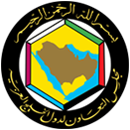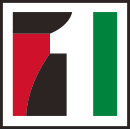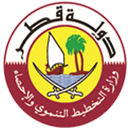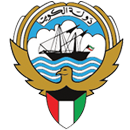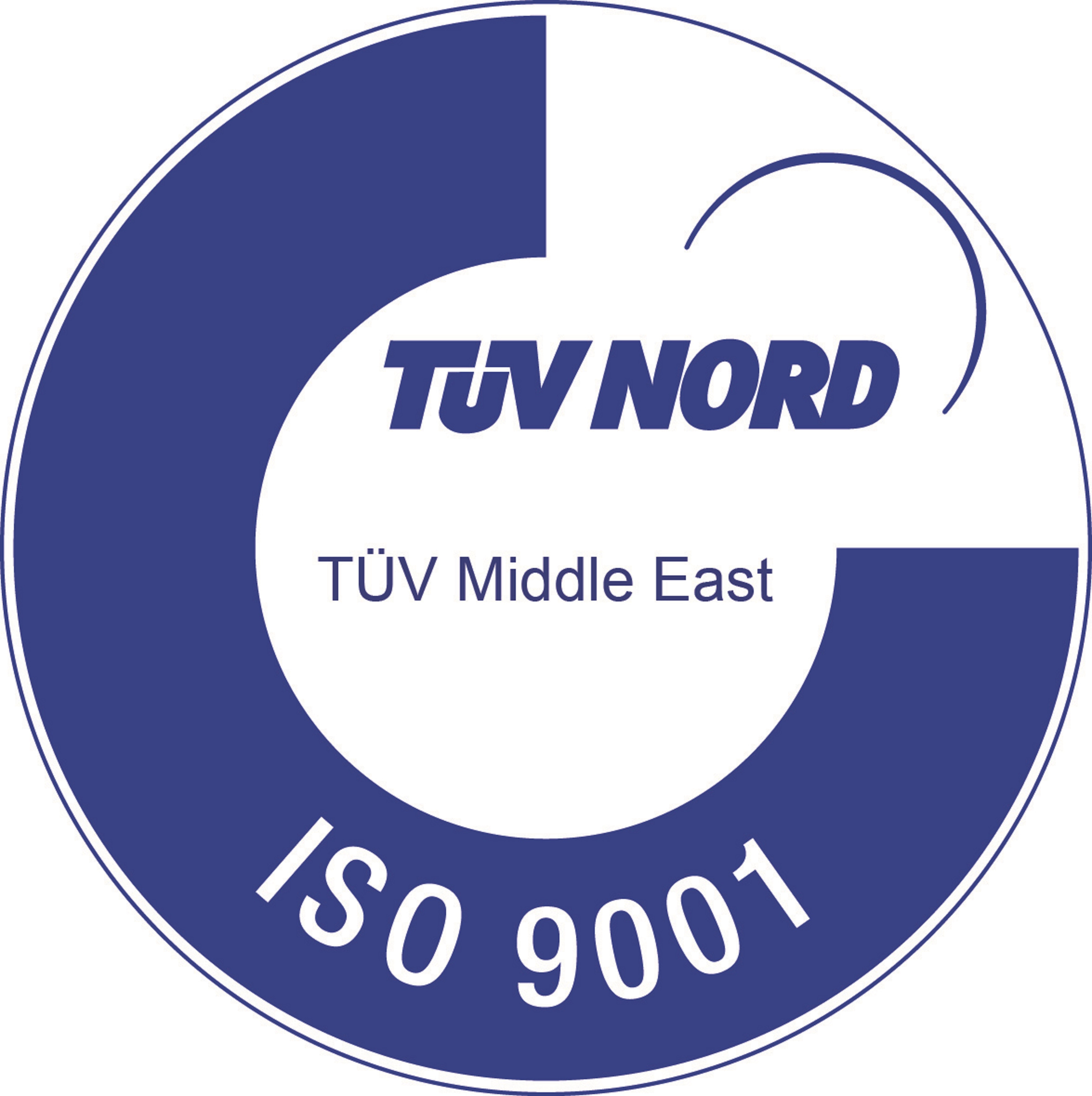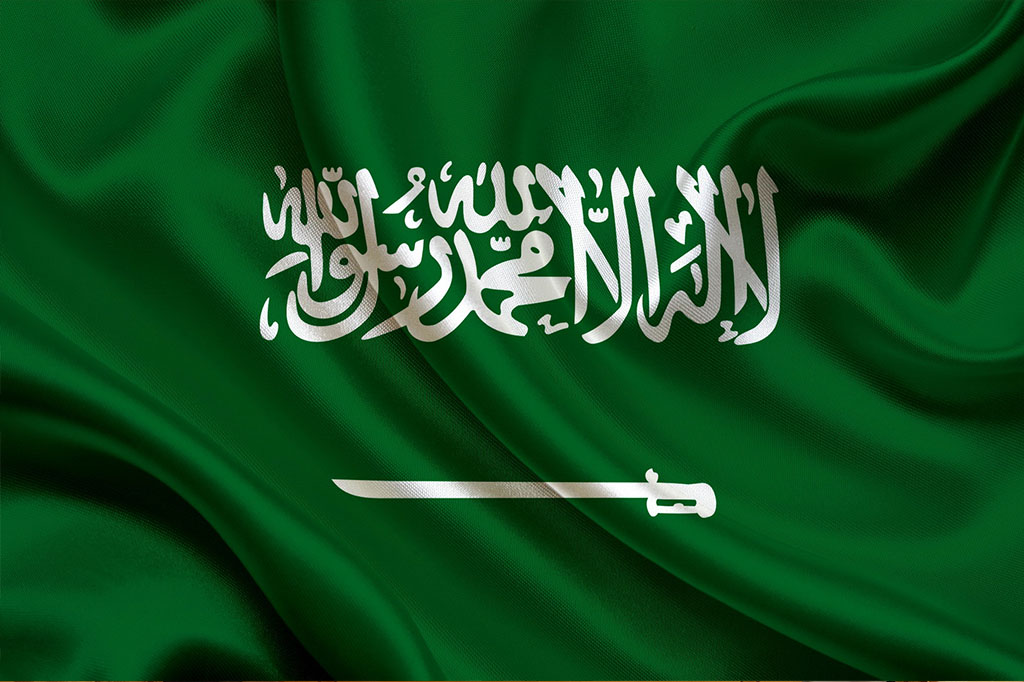
GCC-Stat Congratulates Saudi Arabia on Its 84th National Day
As the Kingdom of Saudi Arabia celebrates its 84th National Day, the Statistical Centre for the Cooperation Council for the Arab Countries of the Gulf (GCC-Stat) expresses sincere greetings and best wishes to the leadership and the people of the Kingdom of Saudi Arabia on this joyous day.
The Kingdom has achieved comprehensive development in all sectors, leading to a rapid socioeconomic renaissance. The Saudi economy has also increased in 2013 by 4.0% in fixed prices, accompanied by an increase in the per capita of the total local production in the same year to approximately $US 25,000 (current prices). Therefore, the contribution of the private sector to the overall economy development has increased to 58.9% (fixed prices) in 2013, growing by 6% in the same year (fixed prices).
Due to the wise financial regulations applied by the Kingdom, the inflation rate has decreased from 6.1% in 2008 to 3.5% in 2013. The economic growth witnessed within the Kingdom has played significant role in the employment of Saudis in the public and private sectors as part of the Kingdom’s drive to achieve high levels of Saudiation. Hence, the percentage of Saudi national’s employment (above the age of 15) surpassed 88.3% in both the public and private sectors according to the latest manpower survey conducted in 2013.
As for education, the Kingdom of Saudi Arabia works diligently to grant education to all and is working to revamp the education system on a nationwide basis, focusing on the development of curriculums and educational methods. A recent study has been conducted to evaluate educational outcomes in the Kingdom, and to outline necessary developments based on the needs of teachers and the requirements within the community, as well as preparing nationals for the labour market. In the academic year 2011/2012 there were 29,600 schools across Saudi, with 639,605 faculty members, providing education to 6,734,182 students. Higher education has also witnessed remarkable development following the government’s drive to increase the national expenditure on higher education. As a result, the number of private and public universities, colleges and other higher education institutions in Saudi Arabia stood at 678 institutions in the academic year 2011/2012, with 59,442 faculty members, while the number of Saudis enrolled in higher education in the same year surpassed 1.3 million (including those studying abroad).
The Kingdom of Saudi Arabia saves no efforts to improve the level and quality of healthcare across the nation, using state-of-the-art technology and the latest equipment and facilities. According to the 2012 figures, the number of hospitals in the Kingdom stood at 435, with the overall capacity of 2.1 beds per 1000 population. The number of doctors has also increased to exceed 71,000 medical doctors, registering an annual increase of 3.8%. As a result of an improved healthcare system, the ratio of infant fatality below 3 years of age across the country dropped from 16.5 and 19.1 per 1,000 infants in 2011, to 16.2 and 18.7 per 1,000 infants in 2012.
The Statistical Centre for the Cooperation Council for the Arab Countries of the Gulf (GCC-Stat) expresses sincere greetings and best wishes of health and happiness to the Custodian of the Two Holy Mosques and the people of the Kingdom of Saudi Arabia for further progress and prosperity under His Majesty the Monarch’s wise leadership.

